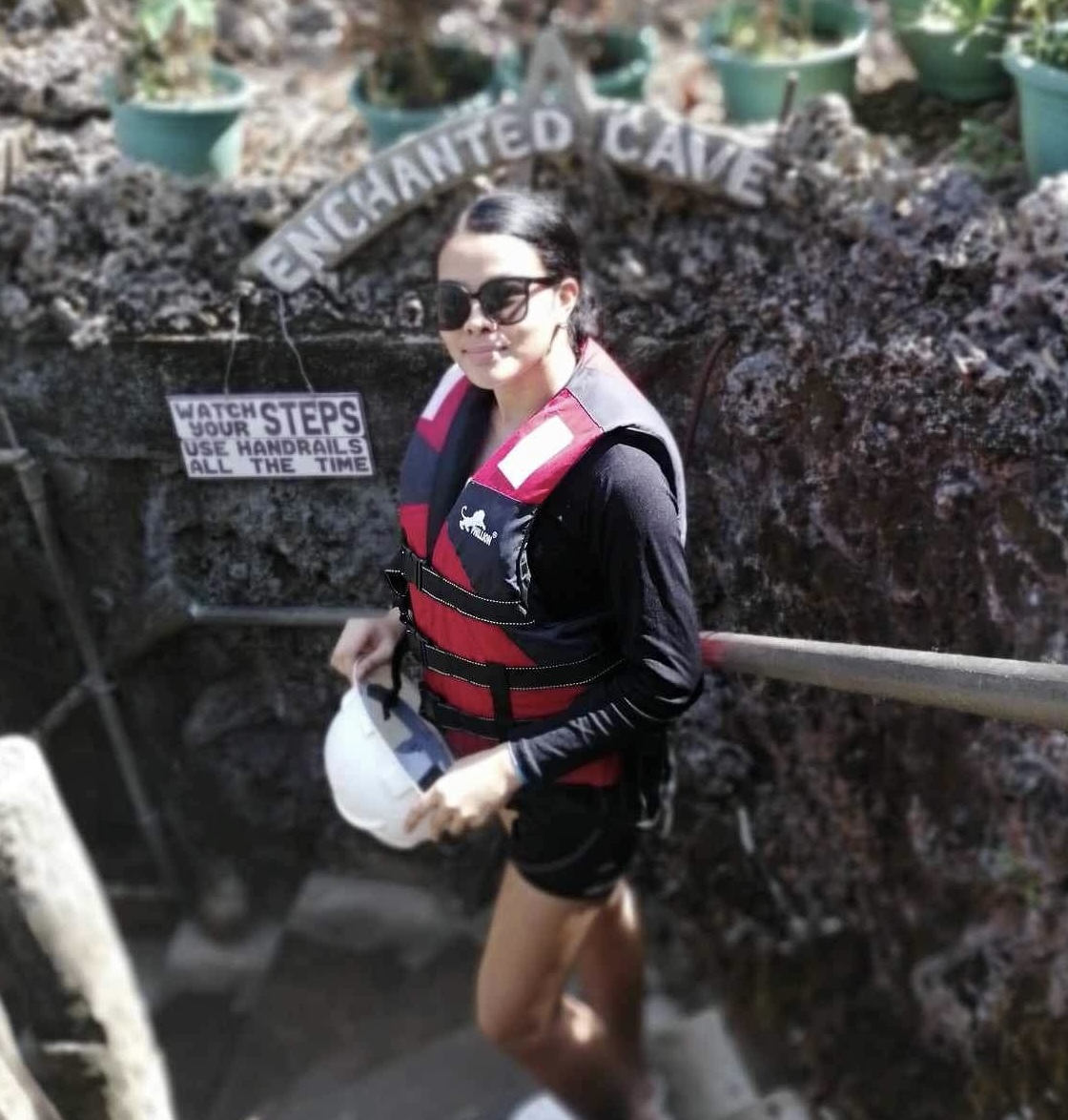Apo Whang od, known as the last mambabatok, is a revered figure in the world of traditional tattoo artistry. Hailing from the remote village of Buscalan in the Kalinga province of the Philippines, she has become an iconic symbol of cultural preservation and indigenous art. In this article, we will explore the life, legacy, and unique tattooing techniques of Apo Whang-od and the impact she has had on the preservation of Kalinga’s rich heritage.
Apo Whang Od – Batok Tattoo
Apo Whang od belongs to the Butbut tribe, a community deeply rooted in their ancient tattooing tradition. For centuries, Kalinga people have used tattoos not just for aesthetic purposes but also as markers of identity, achievements, and protection. Apo Whang od learned the art of batok (traditional hand-tapped tattooing) from her ancestors, and she has dedicated her life to carrying on this cultural legacy.
Batok, the traditional Kalinga tattooing method, involves using a thorn of a calamansi or pomelo tree attached to a bamboo stick to manually tap the ink into the skin. Apo Whang od’s skillful hand movements and deep connection with her craft allow her to create intricate and meaningful designs. Each tattoo tells a story, reflecting the individual’s life experiences, tribal affiliations, and spiritual beliefs.

Apo Whang od’s contribution to preserving Kalinga’s tattooing tradition has earned her international recognition. Her exceptional artistry has drawn the attention of visitors worldwide, eager to receive a piece of her unique craftsmanship. This recognition has not only helped raise awareness about the indigenous cultures of the Philippines but has also brought economic opportunities to the Kalinga community.
Despite Apo Whang od’s efforts to preserve the traditional practice of batok, the art form faces challenges in the modern world. The rise of contemporary tattooing methods and the changing dynamics of Kalinga society have posed threats to the continuity of this ancient tradition. Efforts are being made by organizations, scholars, and artists to document and safeguard the knowledge and techniques passed down by Apo Whang od.
Apo Whang od’s impact extends far beyond her artistic talent. She serves as an inspiration for aspiring artists, cultural enthusiasts, and advocates of indigenous heritage. Her dedication to her craft and her unwavering commitment to preserving the cultural heritage of Kalinga has made her a national treasure and a symbol of pride for the Filipino people.
Apo Whang od’s contribution to the preservation of Kalinga tattoo artistry and her status as the last mambabatok have made her an indomitable figure in the world of indigenous art. As she continues to pass on her knowledge to the next generation of tattoo artists, Apo Whang od ensures that Kalinga’s rich cultural heritage will live on, inspiring future generations to appreciate and protect the traditions of the Philippines’ indigenous communities.
Apo Whang od’s impact reaches far beyond the boundaries of her village. Her artistic prowess and dedication to preserving the art of batok have garnered widespread acclaim and recognition. She has been invited to various cultural events, festivals, and exhibitions both in the Philippines and abroad, where she showcases her skills and educates people about the significance of Kalinga tattooing.

In recent years, the popularity of Apo Whang od and her traditional tattooing has led to an influx of tourists seeking to receive a tattoo from the legendary mambabatok herself. While this influx has brought economic opportunities to the community, it has also raised concerns about the potential commodification and commercialization of this sacred tradition. Efforts are being made to strike a balance between preserving the authenticity of the art form and managing the impact of tourism on the cultural integrity of Buscalan.
Apo Whang od’s legacy is not limited to her role as a tattoo artist. She has become a symbol of resilience, cultural pride, and female empowerment. Through her accomplishments, she has shattered gender stereotypes and proven that women can excel in traditionally male-dominated fields. Her indomitable spirit and unwavering commitment to her craft inspire people from all walks of life, highlighting the importance of cultural preservation and the celebration of indigenous knowledge and practices.
As Apo Whang od continues to impart her wisdom and skills to her chosen successors, the future of Kalinga tattooing remains hopeful. The batok tradition has gained recognition as an important cultural heritage, and efforts are underway to safeguard its techniques, symbolism, and cultural significance for generations to come.
In conclusion, Apo Whang od’s journey as the last mambabatok is an extraordinary testament to the power of art, culture, and heritage. Her dedication to preserving Kalinga tattooing, her contribution to cultural understanding, and her inspiration to countless individuals have secured her place in history. Through her artistry, Apo Whang od has not only etched intricate designs onto the skin of her clients but has also left an indelible mark on the hearts and minds of those who have been touched by her legacy.

I’m Ken, an avid travel blogger and a nurse chronicling my adventures on “The Sneaky Traveller.” My journey in healthcare and travel enthusiast is driven by a desire to make a meaningful impact in both realms.
